
Dr. Leonard H. McCoy, known as "Bones", is a character in the American science-fiction franchise Star Trek. McCoy was played by actor DeForest Kelley in the original Star Trek series from 1966 to 1969, and he also appears in the animated Star Trek series, in six Star Trek films, in the pilot episode of Star Trek: The Next Generation, and in numerous books, comics, and video games. A decade after Kelley's death, Karl Urban assumed the role of McCoy in the Star Trek reboot film in 2009.

Osteopathy is a pseudoscientific system of alternative medicine that emphasizes physical manipulation of the body's muscle tissue and bones. In most countries, practitioners of osteopathy are not medically trained and are referred to as osteopaths.

Isotretinoin, also known as 13-cis-retinoic acid and sold under the brand name Accutane among others, is a medication primarily used to treat severe acne. It is also used to prevent certain skin cancers, and in the treatment of other cancers. It is used to treat harlequin-type ichthyosis, a usually lethal skin disease, and lamellar ichthyosis. It is a retinoid, meaning it is related to vitamin A, and is found in small quantities naturally in the body. Its isomer, tretinoin, is also an acne drug.
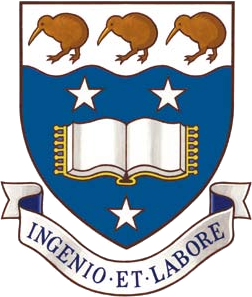
The University of Auckland is a public research university based in Auckland, New Zealand. The institution was established in 1883 as a constituent college of the University of New Zealand. Originally it was housed in a disused courthouse. Today, the University of Auckland is New Zealand's largest university by enrolment, hosting about 40,000 students on five Auckland campuses. The City Campus, in the Auckland CBD, has the bulk of the students and faculties. There are eight faculties, including a law school, as well as three associated research institutes.

Podiatry, or podiatric medicine and surgery, is a branch of medicine devoted to the study, diagnosis, and treatment of disorders of the foot, ankle and lower limb. The healthcare professional is known as a podiatrist. The US podiatric medical school curriculum includes lower extremity anatomy, general human anatomy, physiology, general medicine, physical assessment, biochemistry, neurobiology, pathophysiology, genetics and embryology, microbiology, histology, pharmacology, women's health, physical rehabilitation, sports medicine, research, ethics and jurisprudence, biomechanics, general principles of orthopedic surgery, plastic surgery, and foot and ankle surgery.
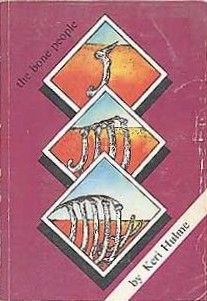
The Bone People, styled by the writer and in some editions as the bone people, is a 1984 novel by New Zealand writer Keri Hulme. Set on the coast of the South Island of New Zealand, the novel focuses on three characters, all of whom are isolated in different ways: a reclusive artist, a mute child, and the child's foster father. Over the course of the novel the trio develop a tentative relationship, are driven apart by violence, and reunite. Māori and Pākehā culture, myths and language are blended through the novel. The novel has polarised critics and readers, with some praising the novel for its power and originality, while others have criticised Hulme's writing style and portrayals of violence.
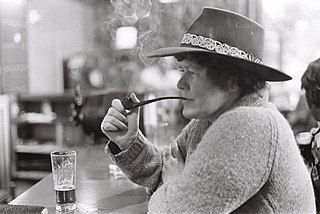
Keri Ann Ruhi Hulme was a New Zealand novelist, poet and short-story writer. She also wrote under the pen name Kai Tainui. Her novel The Bone People won the Booker Prize in 1985; she was the first New Zealander to win the award, and also the first writer to win the prize for a debut novel. Hulme's writing explores themes of isolation, postcolonial and multicultural identity, and Maori, Celtic, and Norse mythology.

Allen Richard Selzer was an American surgeon and author.
Alice Mary Bush was a pioneering New Zealand female physician, paediatrician and activist for family planning services and abortion access.

Glenn Colquhoun is a New Zealand poet and general practitioner.
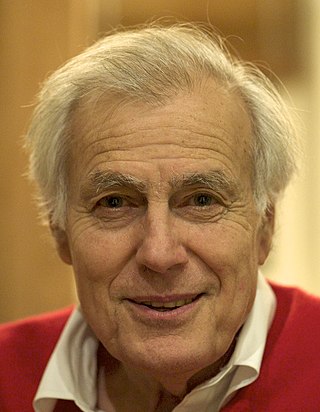
John Diamond was a physician and author on holistic health and creativity.
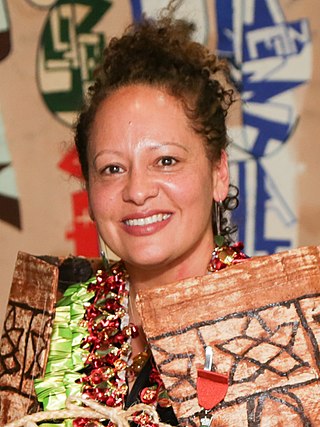
Karlo Estelle Mila is a New Zealand writer and poet of Tongan, Pālagi and Samoan descent. Her first collection, Dream Fish Floating, received the NZSA Jessie Mackay Award for Best First Book of Poetry in 2006 at the Montana New Zealand Book Awards. She has subsequently published two further poetry collections, A Well Written Body (2008) and Goddess Muscle (2020), the latter of which was longlisted for the Mary and Peter Biggs Award for Poetry.
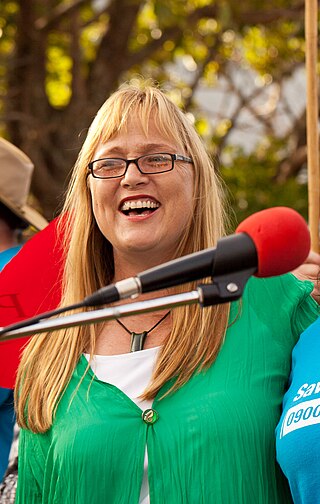
Denise Maree Roche is a New Zealand politician. She was a member of the Waiheke Local Board and the New Zealand House of Representatives, where she represented the Green Party of Aotearoa New Zealand from 2011 to 2017.
Theodora Clemens Hall was a New Zealand medical doctor. She was born in Wellington, Wellington, New Zealand on 12 June 1902. Her father was Thomas Easterfield, a professor of chemistry and physics, and her sister Dr Helen Deem.
Constance Helen Frost was a New Zealand medical doctor, bacteriologist and pathologist.
Eleanor Southey Baker McLaglan was a New Zealand medical doctor, who worked in school medicine from 1914 to 1940.

Varvara Aleksandrova Kashevarova-Rudneva (c.1841–1899), was a Russian Empire medical doctor. Rudneva was the second woman in Russia to become a doctor, after Nadezhda Suslova. She was the first woman in Russia to become a doctor and to have completed their education at a Russian medical school, an event which occurred at a time when women were barred receiving training at such universities. Despite the ban against women studying at medical universities, she was given a unique permission to study for her desire to treat women patients who refused to be treated by male doctors due to their religious beliefs. Her attendance at St. Petersburg Medical Surgical Academy, and later medical practice, were thereby unique in Russia thus garnering attention from both the medical field and general public making her a notoriously controversial figure.

Felicity Anne Goodyear-Smith is a medical doctor, academic, and public health advocate from New Zealand. She is Academic Head of Department & Goodfellow Postgraduate Chair of General Practice & Primary Health Care in the Faculty of Medical and Health Science at the University of Auckland, New Zealand.
John Desmond Sinclair was a New Zealand neurophysiologist and middle-distance athlete who represented his country at the 1950 British Empire Games. He was involved in the establishment of the medical school at the University of Auckland in 1968, and was the school's foundation professor of physiology.

Meon Carolyn Shand is a New Zealand doctor, general practitioner and advocate for women's health, maternity care, contraception, abortion and the medical care of the victims of sexual abuse and child abuse.













